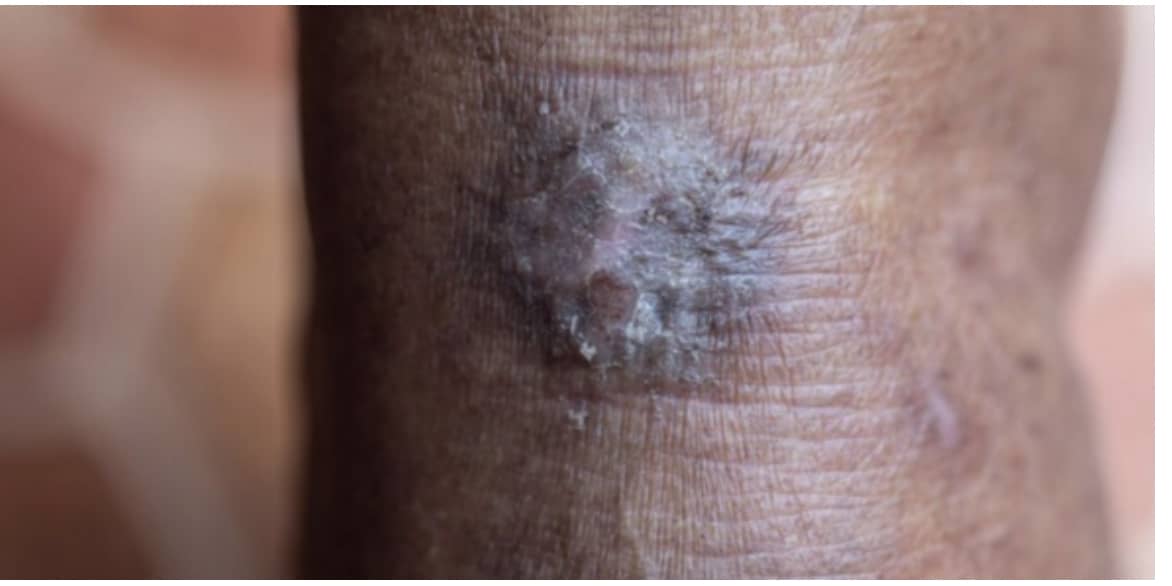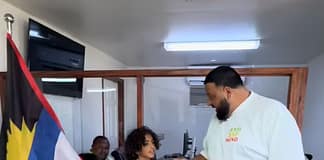
(Ministry of Health Confirms Reports of Impetigo Cases in Antigua and Barbuda)
The Ministry of Health, Wellness, Social Transformation and the Environment confirms that a few children have been seen by medical practitioners for a rash identified as Impetigo.
While this condition is not rare in Antigua and Barbuda or globally, it is a highly contagious bacterial skin infection that requires immediate attention to prevent further spread. Impetigo is most often seen in young children but can affect individuals of all ages. The infection spreads through direct skin-to-skin contact with an infected person or through contact with contaminated items such as towels, clothing, or toys.
Parents and caregivers should be aware of the signs and symptoms of Impetigo. These include red sores that typically appear on the face, around the nose, mouth, or on the hands and feet. The red sores often burst, leaving a yellowish-brown crust, and may cause itchy or irritated skin around the affected area. In some cases, impetigo can present as fluid-filled blisters that rupture easily. If left untreated, the condition can lead to complications such as deeper skin infections or, in rare cases, kidney inflammation.
To prevent the spread of impetigo, the Ministry advises the public to maintain good personal hygiene, including frequent handwashing with soap and water. It is essential to ensure children wash their hands regularly, especially after playing outdoors. Personal items such as towels, clothing, and bed linens should not be shared, as these can harbor bacteria. Any cuts, scrapes, or insect bites should be promptly cleaned and covered with clean bandages to reduce the risk of infection.
If you or your child develops symptoms of Impetigo, it is crucial to consult a healthcare provider promptly. Early treatment, often involving topical and oral antibiotics, can clear the infection and reduce its contagiousness. Children diagnosed with Impetigo should remain home from school or daycare until they have been treated with antibiotics for at least 24 to 48 hours to prevent spreading the infection to others.
The Ministry of Health will continue to monitor the schools, public health facilities, and private practitioners to aid in managing and controlling the situation effectively.
Advertise with the mоѕt vіѕіtеd nеwѕ ѕіtе іn Antigua!
We offer fully customizable and flexible digital marketing packages.
Contact us at [email protected]

















My child attended a preschool in 2008 and became infected. She was misdiagnosed by 4 different doctors for nearly 5 years. I took her to the USA and she was diagnosed with impetigo. She was treated in the hospital with antibiotics for 3 days. That cured it.
IMPETIGO IS HIGHLY CONTAGIOUS.YOU CAN GET IT BY DIRECT SKIN TO SKIN CONTACT.YOU CAN GET IT ALSO BY COMING INTO CONTACT WITH SORES,MUCUS AND NASAL DISCHARGE FROM SOMEONE WHO HAS IT.PLEASE BE CAREFUL,YOUNG ONES.
That is because it is relatively rare in Antigua but very common in dutty America
I had impetigo as a child .my mother had to take me and my brother to health center down by market to get an injection every day for a week
We used to go to private school but we used to bathe in the same bucket of water.
I don’t let snotty nose children come next to me and I dont rub up against people with crust up – crust up skin on the bus
It’s because of our dirty stinking gutters and lack of water in some places that causes this, Antigua is just a breeding ground for germs as everywhere you look it’s dirty and stink. What a pathetic country.
Covido your comment is stupid just like your ignorance, blame the leadership of this country for how nasty this island looks it’s a shame tourists want to come to this floating island of trash called Antigua.
Comments are closed.